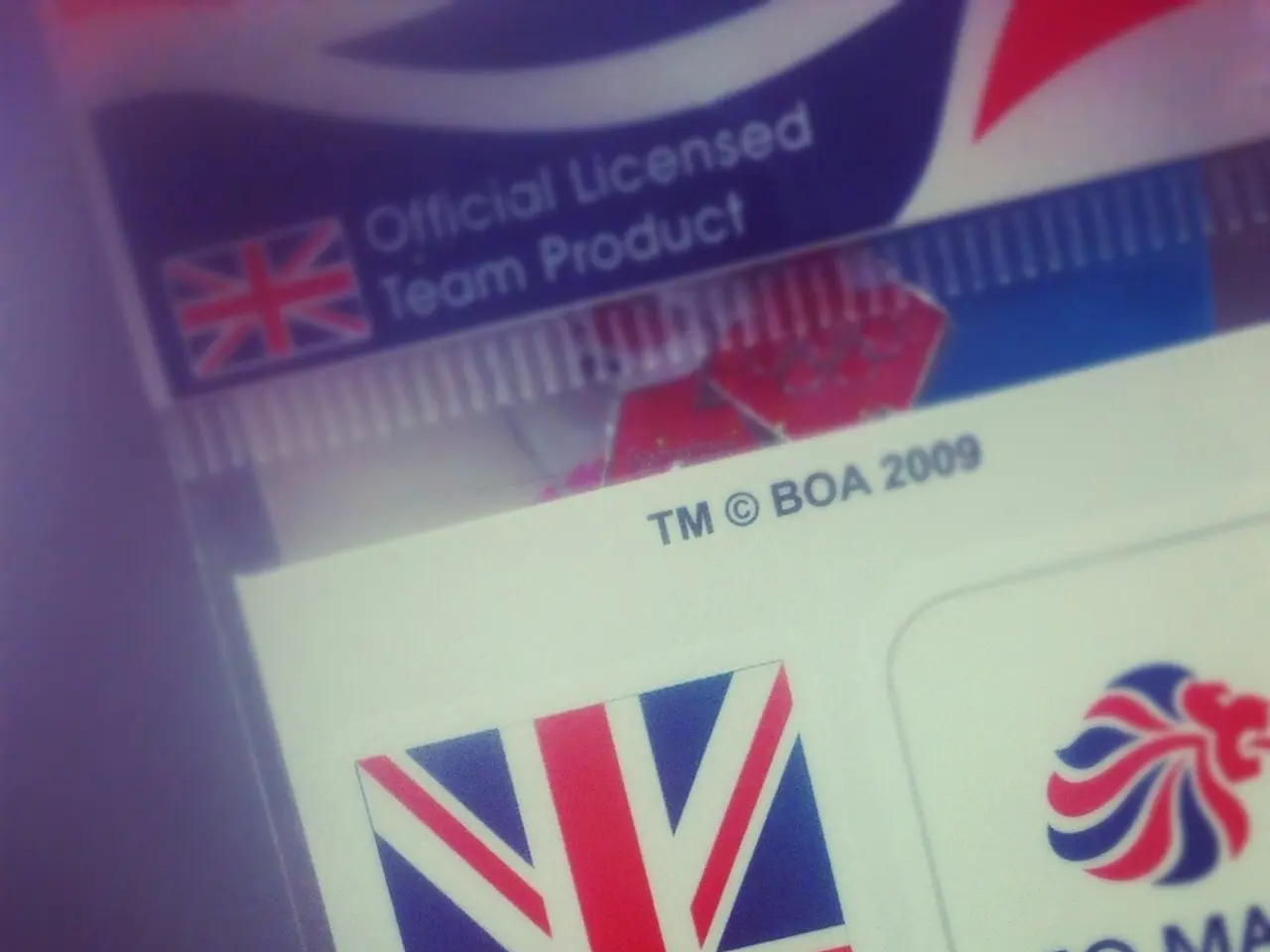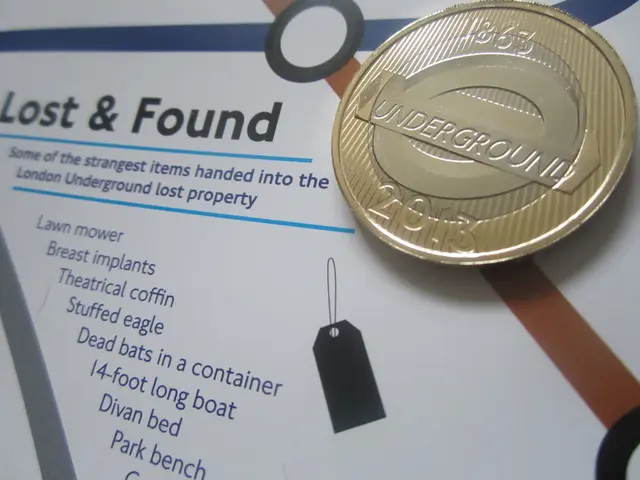Negotiating Terms for Information Technology Services Contracts
Mastering the Master Service Agreement: A Comprehensive Guide
A well-crafted Master Service Agreement (MSA) serves as a crucial sales tool, showcasing a company's work quality and fairness. To ensure a balanced and protective contract, an MSA should include a set of essential elements and clauses that clearly define the business relationship, manage expectations, and mitigate risks.
Essential MSA Elements and Clauses
- Scope of Services
- Detailed descriptions of services or products to be provided.
- Defined responsibilities, deliverables, deadlines, and limitations or exclusions to prevent misunderstandings.
- Payment Terms
- Transparent pricing, payment schedules, invoicing procedures, and late payment penalties.
- Terms for adjustments or changes in scope that affect pricing.
- Performance Metrics and Service Levels
- Incorporation of Service Level Agreements (SLAs), Key Performance Indicators (KPIs), and quality standards.
- Defined review cycles and remedies if standards are not met.
- Confidentiality
- Clear definitions of confidential information and obligations on its handling and protection.
- Specified duration of confidentiality obligations beyond the termination of the contract.
- Intellectual Property (IP) Rights
- Clarification of ownership of pre-existing IP and newly developed IP during the contract.
- Specification of usage rights and protections for trademarks, copyrights, patents, and trade secrets.
- Limitation of Liability and Indemnification
- Limitation of provider’s liability to a reasonable cap.
- Exclusion of liability for consequential, indirect, or punitive damages.
- Indemnification clauses to protect the provider from third-party claims.
- Third-Party Services
- Provisions that the provider is not liable for services sold or provided by third parties engaged by the client.
- Independent Contractor Status
- Establishment that both parties are independent contractors.
- Clarification that there is no agency, partnership, employment, or joint venture relationship.
- Termination
- Defined termination rights, conditions, and required notices.
- Consequences of termination, including final payments and return of confidential materials.
- Dispute Resolution
- Stepwise procedures for negotiation, mediation, arbitration, and, if necessary, litigation.
- Warranties and Representations
- Mutual warranties about authority to enter the agreement, legality, and compliance with laws.
- Disclaimers for implied warranties to limit provider exposure.
- Force Majeure
- Protection from liability or obligations where uncontrollable events prevent contract performance.
- Governing Law and Jurisdiction
- Specification of which laws govern the agreement and the venue for disputes.
- Miscellaneous Clauses
- Entire Agreement, Amendment procedures, Assignment restrictions, Notices, Severability.
- These support contract enforceability and clarity.
In addition to these essential elements, an MSA may also include sections on non-solicitation and non-circumvention to prevent parties from stealing each other's employees or customers. The relationship of the parties clause should clearly state that the parties are independent contractors, not partners or employer/employee. The MSA may also cover liquidated damages, a lump sum payment for breach of contract, with conditions for validity.
The MSA should address the ownership of any pre-existing work product that is Incorporated into the work product under the MSA, as well as the provider's rights to use such work products. The IP Ownership section should clarify ownership of the work product and any pre-existing work product incorporated into the work product under the MSA. The Pricing and Payments section should address the provider's right to update pricing, due dates, and late fees.
By including these elements, an MSA balances clarity and protection with fairness, ensuring that the provider is protected while fostering trust and transparency to serve as a persuasive sales instrument.
- To streamline dispute resolution processes, the Master Service Agreement (MSA) introduces stepwise procedures for negotiation, mediation, arbitration, and, if necessary, litigation in situations of disagreement.
- To ensure a seamless business relationship, the MSA may incorporate sections on technology aspects, stipulating the provider's rights to use pre-existing work products and ownership of any new work products developed during the course of the agreement.




